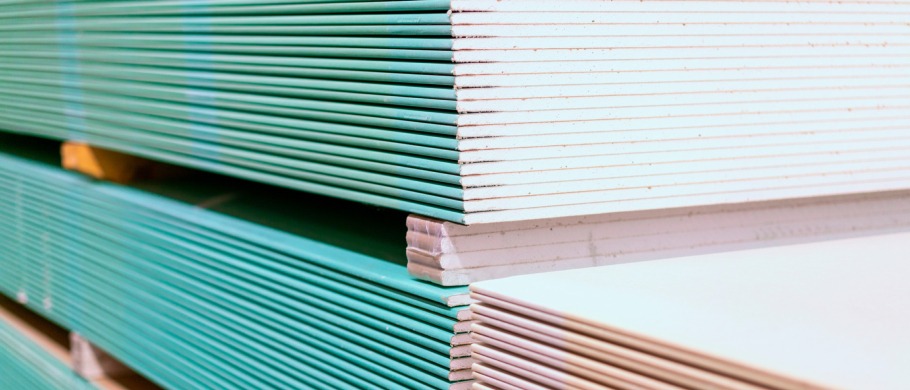Drywall, a ubiquitous material in the construction industry, has gained immense popularity worldwide. From residential homes to commercial buildings, it has become the go-to choice for interior walls and ceilings. But what makes drywall so widely used? In this blog post, we will delve into the reasons behind its universal adoption, exploring its advantages, versatility, and the impact it has had on the construction industry.
- Superior Fire Resistance:
One of the primary reasons for the widespread use of drywall is its exceptional fire resistance. Composed of gypsum plaster sandwiched between layers of paper, drywall acts as a barrier against flames, effectively slowing down the spread of fire. This crucial safety feature has made it an indispensable choice for both residential and commercial buildings, ensuring the protection of lives and property. - Ease of Installation and Cost Efficiency:
Drywall offers unparalleled ease of installation compared to traditional plaster walls. Its standardized dimensions and lightweight nature make it easier to transport, handle, and install. Additionally, the use of drywall reduces construction time, resulting in cost savings for builders and homeowners alike. Its efficiency in terms of both time and money has made it a preferred choice in the construction industry. - Acoustic Insulation:
In an era where noise pollution is a growing concern, drywall's acoustic insulation properties have become highly valued. By incorporating sound-dampening materials or techniques during installation, drywall can significantly reduce noise transmission between rooms or floors. This feature is particularly beneficial in residential buildings, offices, hotels, and hospitals, where privacy and tranquility are paramount. - Versatility in Design and Finishing:
Drywall offers endless possibilities for design and finishing. Its smooth surface allows for seamless paint application, creating a polished and professional look. Moreover, it can be easily textured, allowing for various decorative effects. Drywall also accommodates the installation of electrical outlets, lighting fixtures, and other components, providing flexibility for interior design and customization. - Environmental Considerations:
With sustainability becoming a crucial aspect of construction, drywall's eco-friendly attributes have contributed to its popularity. Gypsum, the primary component of drywall, is a naturally occurring mineral that can be recycled. By using recycled gypsum in the manufacturing process, the industry reduces waste and conserves natural resources. Furthermore, drywall's energy-efficient properties contribute to improved insulation, reducing energy consumption and carbon emissions.
Conclusion:
The universal adoption of drywall can be attributed to its exceptional fire resistance, ease of installation, cost efficiency, acoustic insulation, design versatility, and environmental considerations. As the construction industry continues to evolve, drywall remains a reliable and indispensable material. Its ability to meet safety standards, enhance aesthetics, and contribute to sustainable practices ensures its continued dominance in the market. So, the next time you step into a building, take a moment to appreciate the hidden wonders of drywall that make our spaces safer, more beautiful, and environmentally conscious.





More Stories
The Versatility of Fiberglass Woven Cloth in Industrial Applications
Water Based Car Spray Booth Solutions for Automotive Paint Systems
Shoring Props Explained: Types, Uses, and Safety Tips for Construction Projects